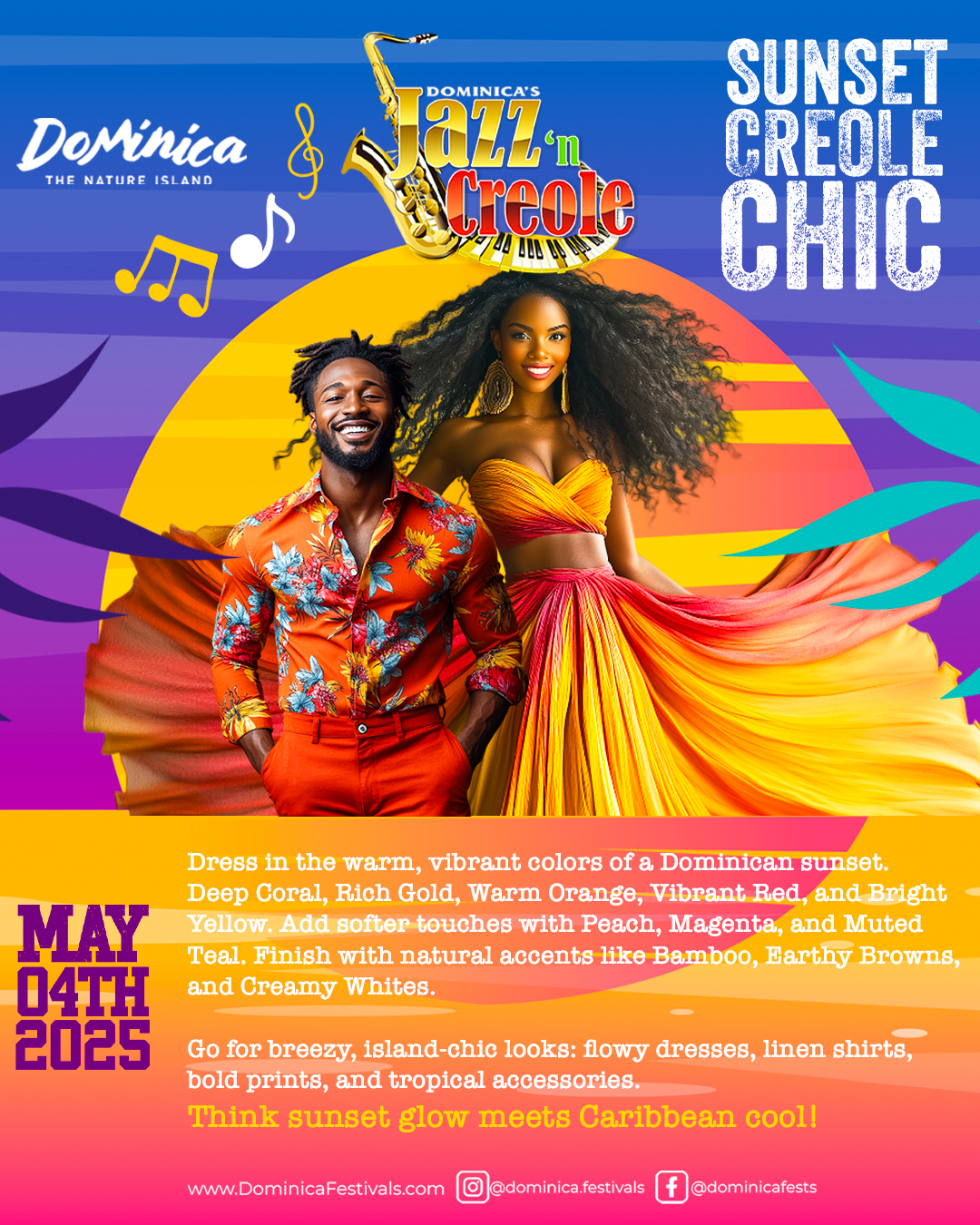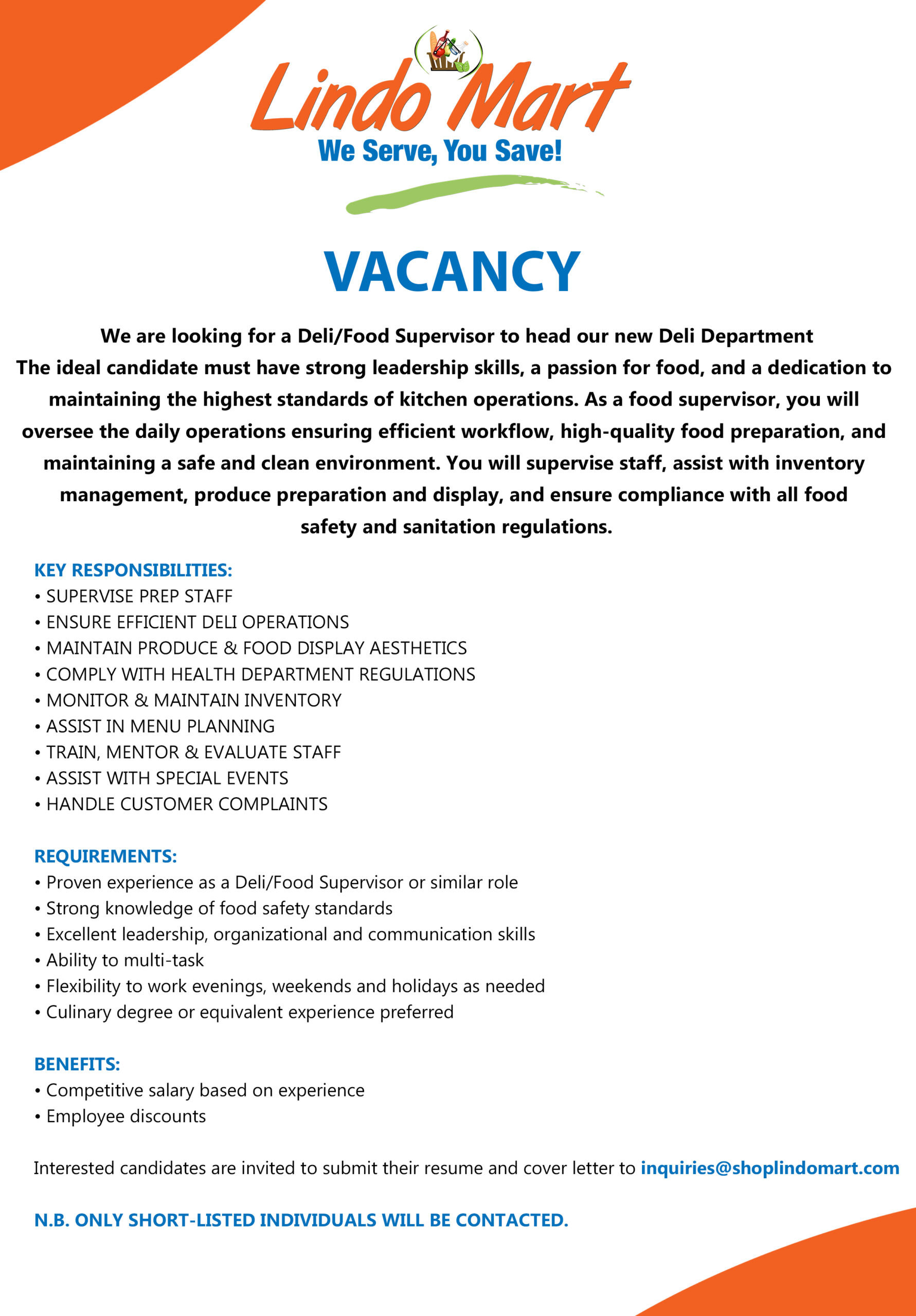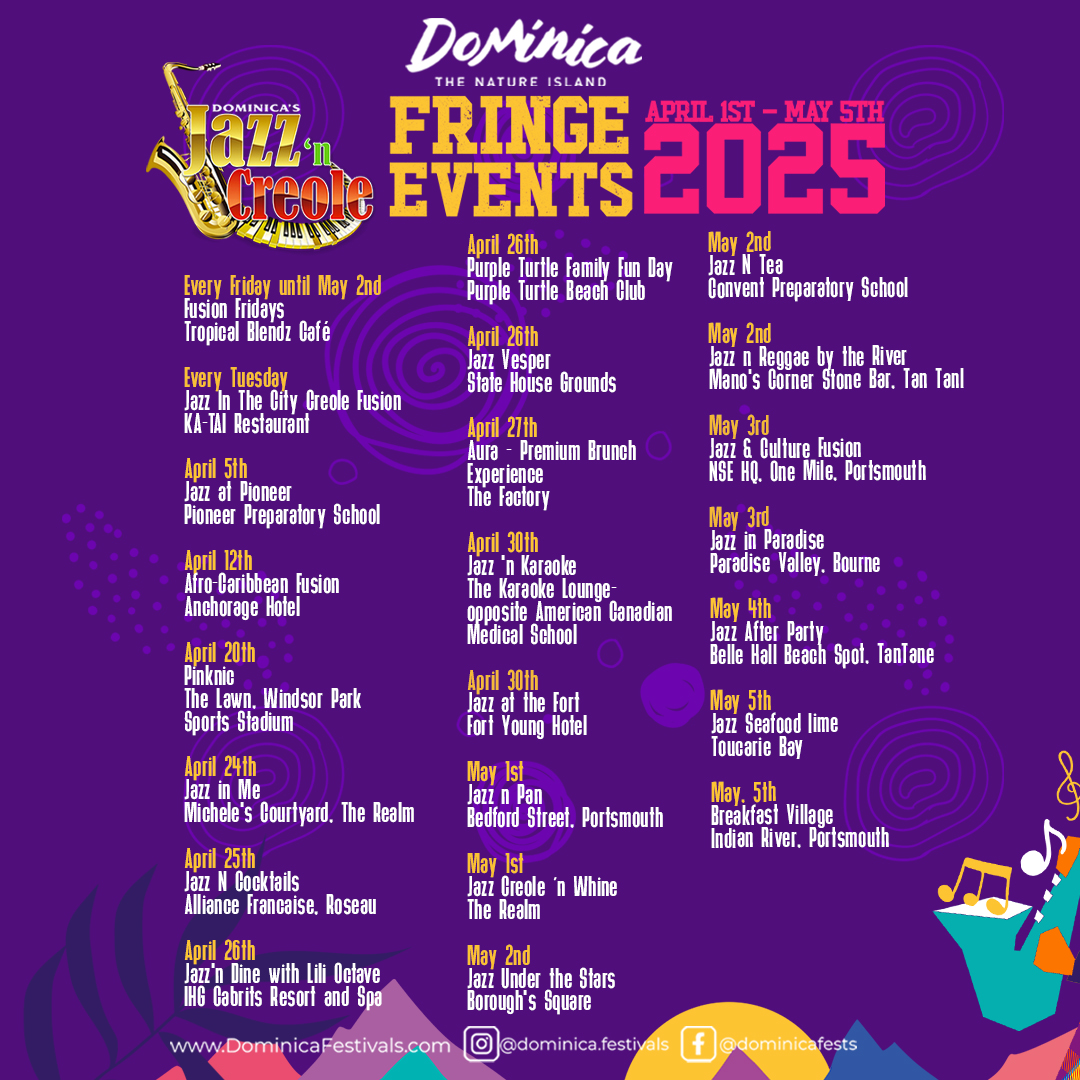
From 4-7 April, a high level conference is taking place in Soufriere, Dominica on the topic of Identifying Regional Challenges and Opportunities to Address the Issue of Marine Debris, Sargassum and Marine Spatial Planning. The regional conference is organized by the World Maritime University (WMU) – Sasakawa Global Ocean Institute (GOI) as part of their Closing the Circle Programme that focuses on Small Island Developing States (SIDS) and the Eastern Caribbean Region, in particular, through generous support from The Nippon Foundation.
Human derived marine debris is by volume the greatest pollutant of the world’s oceans. In the Caribbean, marine debris amounts are triple the global average, according to a World Bank Report from 2019. It has adverse impacts on marine habitats, species, and human health as well as causing social and economic problems. Additionally, the Eastern Caribbean region has recently faced a mounting problem from vast beach strandings of the normally oceanic seaweed Sargassum that is having an ecological as well as socioeconomic impact, particularly for SIDS that are highly dependent on tourism. Through marine spatial planning (MSP), stakeholders can explore holistic planning and management of ocean space and resources with an integrated approach that recognizes multiple stakeholder needs as well as the impact of human activities on the marine ecosystem.
The President of WMU, Dr Cleopatra Doumbia-Henry, is a native of Dominica and expressed her appreciation and pride regarding the conference being hosted in her home country. “Dominica’s commitment to becoming the world’s first climate resilient nation makes it a particularly fitting host for this important event. We look forward to strengthening the knowledge base and research potential in terms of marine debris and sargassum, and developing solutions to work closely with stakeholders from the region to understand how marine spatial planning may be implemented to address the current pressures on the regional marine environment,” she said.
The inter-sectoral conference will bring together key stakeholders in the region from ministries, United Nations agencies, funds and programmes, regional organizations, academic institutions and civil society. High level participants from Dominica include President Charles Savarin, Prime Minister Roosevelt Skerrit, Minister of the Environment Cozier Frederick, and Lorenzo Sanford, Kalinago Chief.
The full programme is available on the conference website. Virtual participation is open to the public and available on 5 – 6 April 2022 from 08:00 – 18:00 AST (14:00 – 00:00 CET).
About the World Maritime University
The World Maritime University (WMU) in Malmö, Sweden is established within the framework of the International Maritime Organization (IMO), a specialized agency of the United Nations. The mission of WMU is to be the world centre of excellence in postgraduate maritime and oceans education, professional training and research, while
Draft building global capacity and promoting sustainable development. WMU’s vision is to inspire leadership and innovation for a sustainable maritime and oceans future. WMU is an organization by and for the international maritime community and is committed to the United Nations 2030 Sustainable Development Agenda.






